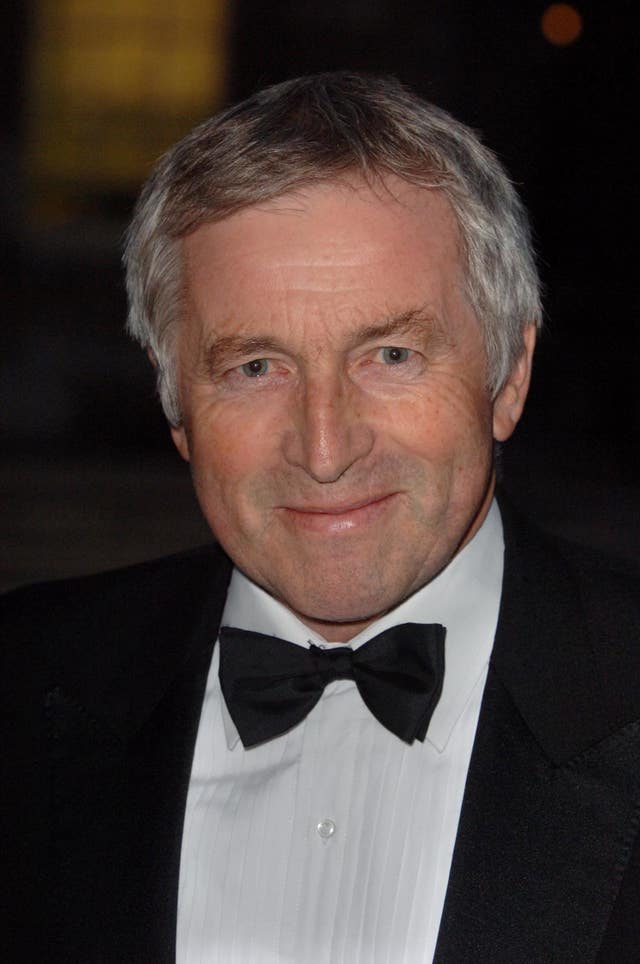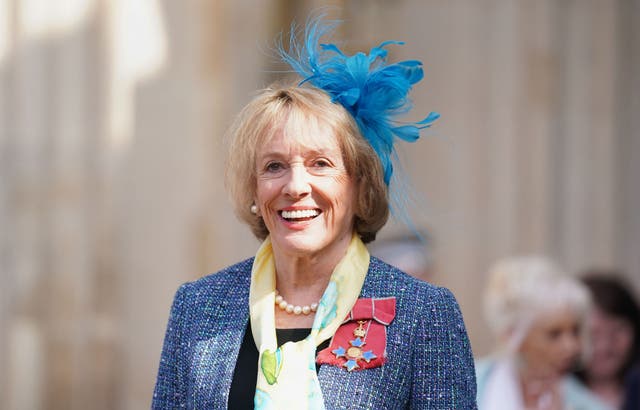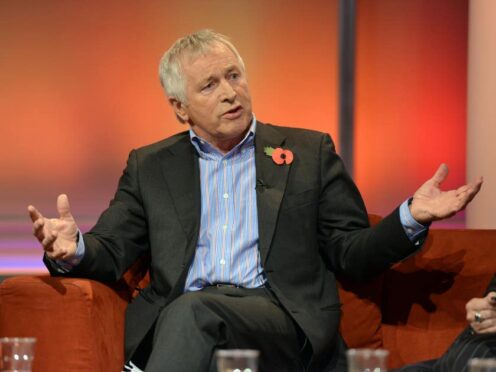Jonathan Dimbleby has described the criminalisation of assisted dying in the UK as “increasingly unbearable” following the death of his younger brother Nicholas, who suffered with motor neurone disease (MND).
The British broadcaster, 79, is urging political parties to commit to a parliamentary vote to change the law, ahead of the Health and Social Care Committee which is set to publish its report into assisted dying and assisted suicide in England and Wales.
Dimbleby told the Guardian that politicians have been “extraordinarily cautious”, and that current laws are as “anachronistically cruel as capital punishment”.

“(It is) distressing to see Nick finding himself gradually unable to speak, to have to be carried everywhere, to have to be physically cared for in every respect,” he said.
“The law should be changed so that individuals like my brother, protected by crucial legal safeguards, would have the right to die at home at a moment of their choice.”
The cause has also been championed by Childline founder and broadcaster Dame Esther Rantzen, who has called for politicians to grapple with the issue for the first time since 2015.
The 83-year-old announced she had joined Swiss-assisted dying organisation Dignitas after she was diagnosed with terminal stage four lung cancer last year.

Nicholas Dimbleby, who was a strong supporter of the right to die, was diagnosed with the incurable illness MND last year but died at his home in Devon earlier this month at the age of 77.
“He was a wonderful, strong person, mentally as well as physically, and he felt this erosion of life very deeply,” his brother Jonathan said.
“He showed immense courage but as the disease progressed he endured terrifying choking fits though, mercifully, his final hours were peaceful.”
He said he had witnessed “the acute psychological and physical pain” that can accompany death and emphasised that granting the right to an assisted death still means that people get to make an active choice.
Dimbleby also said he had not become a member of Dignitas, but suggested: “Perhaps I should. It’s an omission.”
Considering the possibility that the law could soon be changed, he added: “I fervently hope so for the sake of all of us who are still alive.”
The Health and Social Care Committee launched an inquiry in December 2022 to examine different perspectives in the debate into assisted dying and assisted suicide in England and Wales.
The upcoming publication of the inquiry comes nine years after the last parliamentary vote on legalising assisted dying.
Assisted suicide is banned in England, Wales and Northern Ireland, with a maximum prison sentence of 14 years.
In Scotland, it is not a specific criminal offence but assisting the death of someone can leave a person open to murder or other charges.
